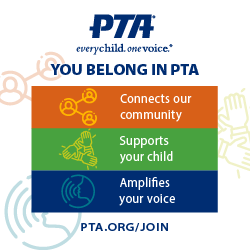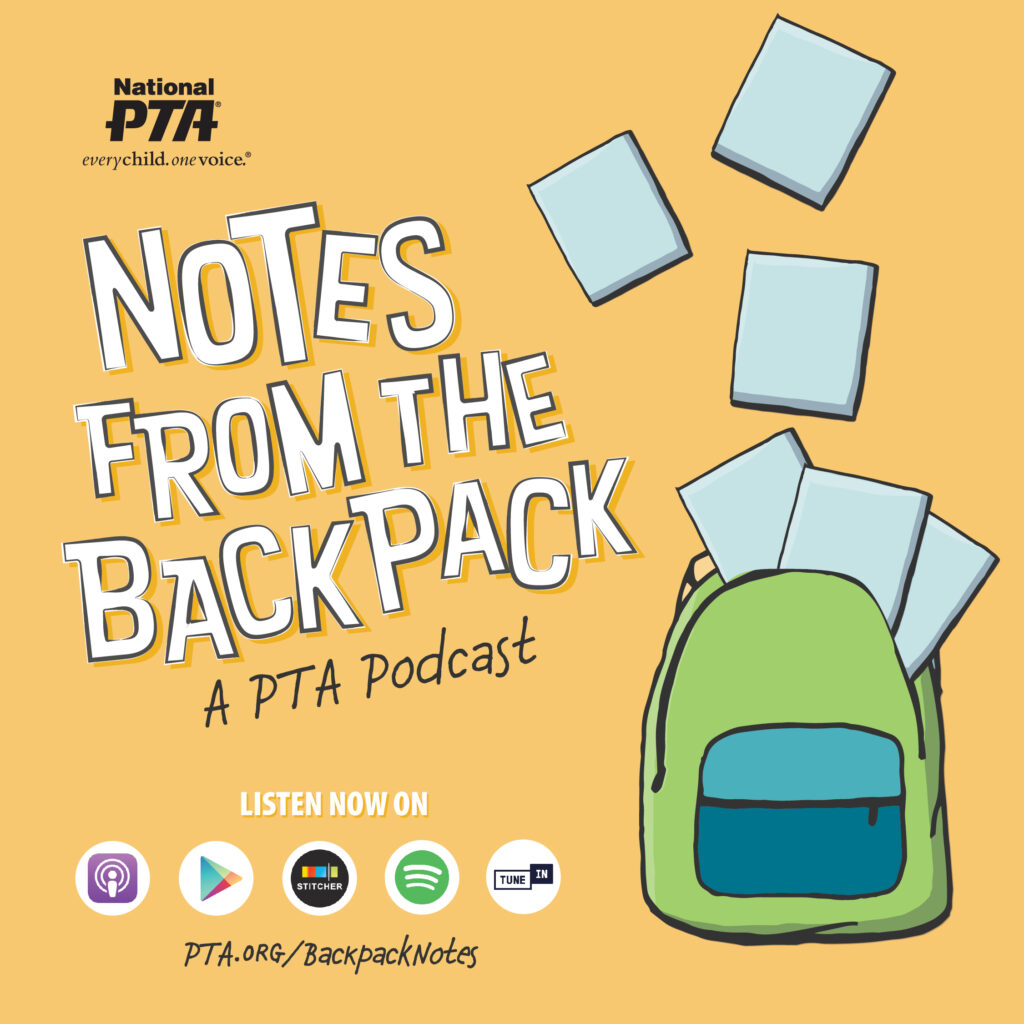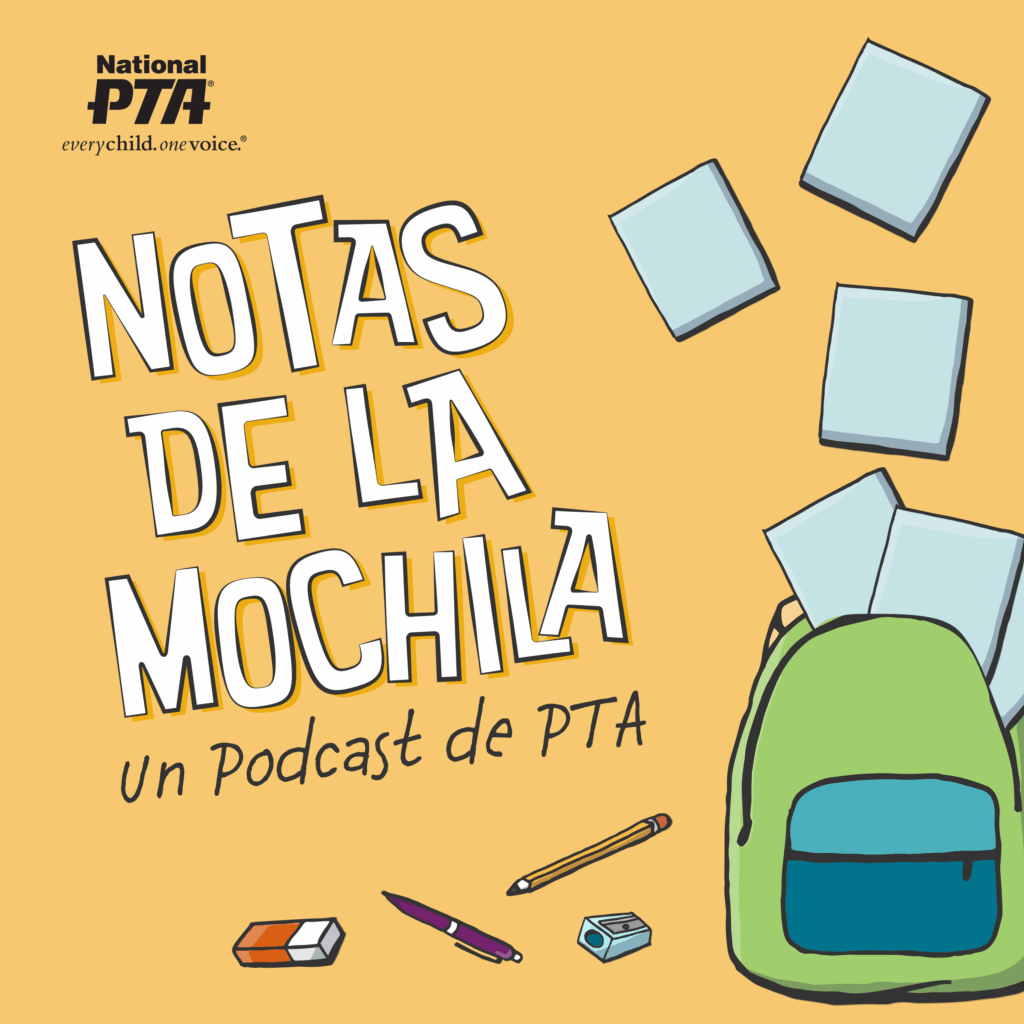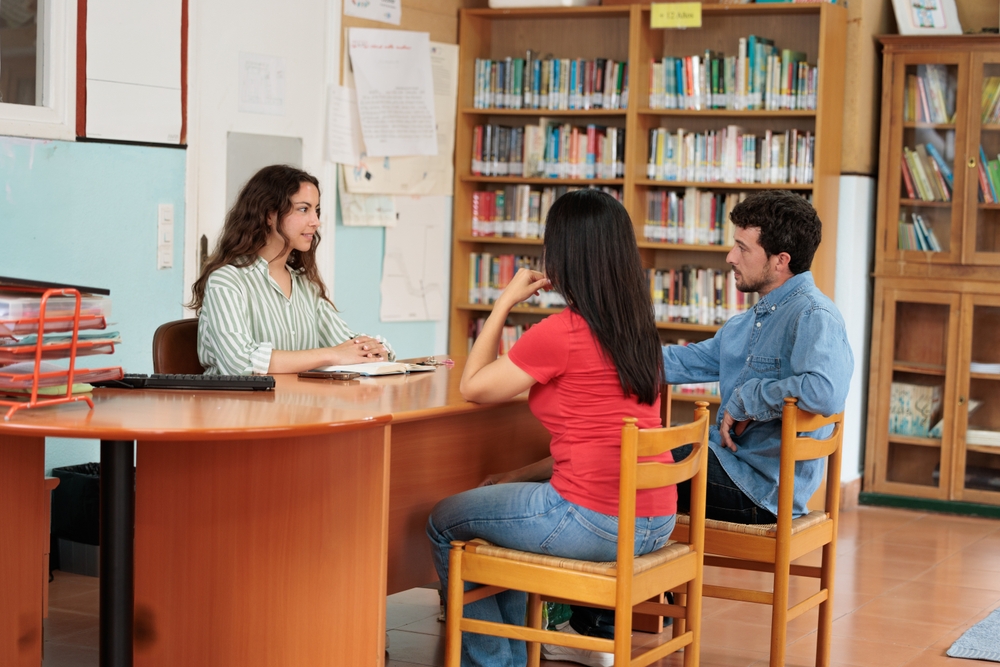With all the online noise surrounding parenthood today, it’s no wonder we can barely hear our own instincts amid the cacophony.
Search “photo printing services” on a mainstream search engine and you’ll find yourself inundated with ads for photo books and personalized coffee mugs from Shutterfly or Walmart, and for associated products ranging from Polaroid Instant Cameras (yes, they’re back!) to Instagram-friendly outfits and accessories.
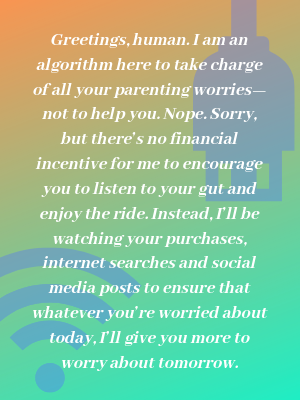
Click on an article or two brought up by that search and you’ll surely discover you’re doing everything wrong when it comes to documenting your child’s milestones—and then the sites you visited will begin offering you more “articles of interest.”
Maybe you weren’t originally concerned with your child’s attention span or preteen’s social development—but after reading a few articles, you certainly are now.
Dealing with Online Advertisements
We tend to think we’re the consumers of digital content, but in truth, we’re the product. Advertisers want our eyeballs and attention and one of the surest ways to get it is through our kids—and our desire to do our very best by them. That’s not a new marketing tactic; there are just now more ways to get our attention.
What was once limited to print, TV and postal mail is now in our pocket and on screens we’re surrounded by all day long. The result can make us feel like there’s an unending onslaught of things we should be doing, stuff we should be buying, apps we should be downloading and a wide array of challenges we should be worrying about.
That onslaught is hard to escape, and intentionally so. A dirty secret behind the time we spend searching and reading and buying online is that while it feels like part of parenting, after a certain point, it’s counterproductive.
The average American spends 17.6 hours online at home every week—half of our reported leisure and family time. We shouldn’t feel guilty about that or berate ourselves for it. Even Steve Jobs didn’t predict how much and how quickly technology would change how we work, consume and communicate.
However, we can admit when the hours we spend online don’t leave us feeling fulfilled in the way that the things we have given up for them once did. There’s no way to quantify how much the information we are constantly sifting through, adds to the sense most working parents describe of being constantly rushed and overwhelmed.
Most of us face far greater challenges than just feeling constantly bombarded by articles and ads suggesting you could be doing this parenting thing bigger, better, faster and in nicer shoes, but that message does take its toll.
Taking steps to reduce the number of apps, sites and other digital distractions intruding into your family life, and to minimize the amount of time you spend with them, can contribute significantly to your happiness as a parent.
Take a Step Back
In his new book Digital Minimalism, Cal Newport—a father of three—suggests that rather than accepting the default “always on” connection we now have with technology and the internet, we take the time to step back and consider what value those things are adding to our lives, and how we can use best use technology to maximize that.
Why are we on Facebook? What are we looking for from Twitter, or Buzzfeed, or Reddit? Whatever it is, are we getting it?
Once you can answer those questions, it becomes easier to make conscious decisions about how often we pull out our phones and click open an app that might remind us of breaking news or leave us feeling inadequate by comparison to the curated lives of the parents around us.
We can choose when to take in our news, and how to keep up with our friends and family, while resisting the vast forces deployed by giant tech companies to encourage us to engage online more and more often.
When we make those choices, we leave more room for other, more joyful things. The mental fog of always feeling like we always have to do more and better clears, and instead of spending an hour comparing the merits of three brands of electronic chess tutors for your suddenly interested eight-year-old, we spend an hour playing chess.
We take a walk together instead of reading that article on improving communication between parent and child. We let the busywork of shopping and reading and scrolling and posting go and let the algorithms guess what it is we’re looking for—and finding—offline.
10 Mantras for Happier Parents
When you’re uncertain about making the best decision for your child, or about to lose your mind over a seeming “crisis,” use these mantras to center yourself.
- What you want now isn’t always what you want later. Shortcuts get you to bedtime faster, but they make the trip to children who are pleasant to live with longer.
- There is nothing wrong. Tantrums, job troubles, broken bones . . . fundamentally, nearly always, things are still okay. Zombies? Now you panic.
- People, including children—especially children—change.
- You don’t have to go in there. It’s a big drama! But it doesn’t have to be—for you.
- If you see something, don’t always say something.
- You do you. Some families cook together. Some sing or play sports. Some are traveling circus acrobats. Treasure what you do, and don’t worry about what you don’t.
- You can be happy when your children aren’t. Growing up means learning there are other balloons, boyfriends and colleges. We can empathize with our kids’ disappointments without making them our own.
- Decide what to do, then do it.
- You don’t have to get it right every time. You’ll get another chance tomorrow.
- Soak up the good. Strengthen your happiness muscles by savoring the moments when things are generally good. Not perfect, or even blissful. Just . . . good.
KJ Dell’Antonia is a mom and author of How to Be a Happier Parent: Raising a Family, Having a Life and Loving (Almost) Every Minute. She’s believes happier parents are better parents, and better people and family should be a source of joy and refuge, not another stressor in a busy life.




